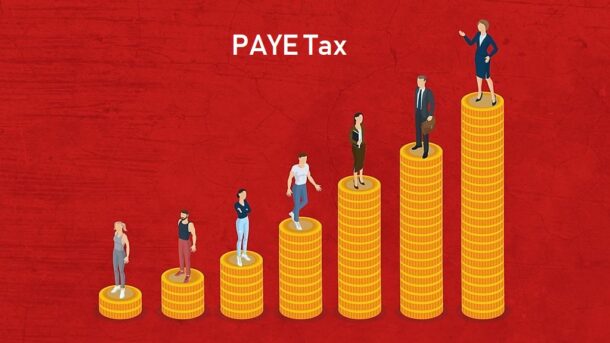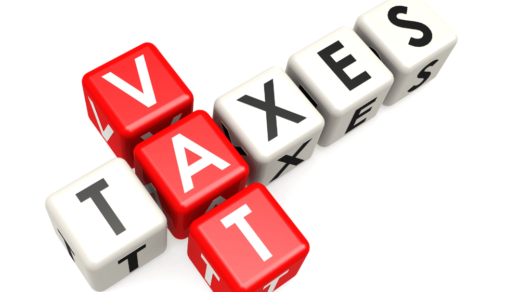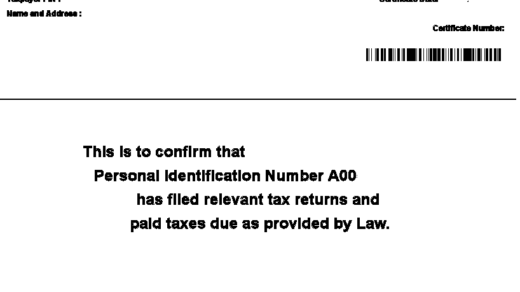Pay As You Earn (PAYE) is a crucial component of the tax system in Kenya, designed to collect income tax efficiently. It is a mechanism where employers deduct tax from the employment income of their employees and remit the collected tax to the Kenya Revenue Authority (KRA).
This article provides a comprehensive guide to understanding PAYE, including taxable income, rates, eligibility for registration, deductions, and the filing process.
Taxable Employment Income
Taxable employment income includes all cash payments and the value of non-cash benefits exceeding Ksh 3,000 per month. Cash payments encompass wages, salary, bonuses, allowances, director’s fees, and other forms of compensation related to employment.
Non-cash benefits subject to tax include excess mileage reimbursement, club entrance and subscription fees, and other benefits provided by the employer.
Charged on Both Residents and Non-Residents
PAYE is applicable to both residents and non-residents receiving employment income in Kenya. Employers are solely responsible for accounting and remitting PAYE.
Who is Eligible for PAYE Registration?
Any person paying emoluments to an employee is required to register for PAYE. The obligations include deducting tax from employees’ emoluments and remitting the deducted tax to the KRA.
Income Tax Individual Rates for PAYE
For the computation of PAYE, employers apply the individual income tax rates ranging from 10% to 35%. The rates, effective from July 1, 2023, are structured in different bands based on monthly and annual pay, providing a progressive taxation system. Personal relief is also granted, reducing the overall tax liability.
Deductions and Reliefs
- Pension Tax Bands:
- 10% on the first 400,000
- 15% on the next 400,000
- 20% on the next 400,000
- 25% on the next 400,000
- 30% on any amount exceeding Kshs 1,600,000
- Allowable Deductions:
- Mortgage Interest Deduction
- Pension contributions by an employee to a registered pension fund
- Tax Reliefs:
- Personal Relief: Kshs 28,800 per year
- Insurance Relief: 15% of premiums paid, up to Kshs 60,000 per annum
- Post-retirement Medical Fund Relief (effective from January 1, 2024): 15% of contribution paid or Kshs 60,000 per annum (whichever is higher)
Non-Cash Benefits Chargeable to Tax
Gains or profits from non-cash benefits, such as motor vehicles, housing, loans, and utility expenses, are chargeable to tax.
Exemptions from PAYE
Certain employment income is not chargeable to PAYE, including meals provided by the employer, night-out allowances, medical cover, and specific pension contributions.
PAYE Due Date
Employers are required to deduct and remit PAYE to the KRA on or before the 9th day of the following month.
Filing PAYE Returns
PAYE returns are filed online via the iTax portal. Employers compile a list of employees from whom tax has been deducted, submit the information to the Commissioner through a PAYE return, and upload the return on the iTax portal.
PAYE Payment
Employers can make PAYE payments through banks or M-PESA using the provided Paybill number and Payment Registration Number.
Penalties for Non-Compliance
Penalties for late filing, late payment, and failure to deduct and account for tax are imposed, emphasizing the importance of adhering to PAYE obligations.
Conclusion
Understanding PAYE is crucial for employers to fulfill their tax obligations and ensure compliance with the tax laws of Kenya. Employers play a vital role in the efficient collection of income tax, contributing to the overall development of the country’s infrastructure and public services.




